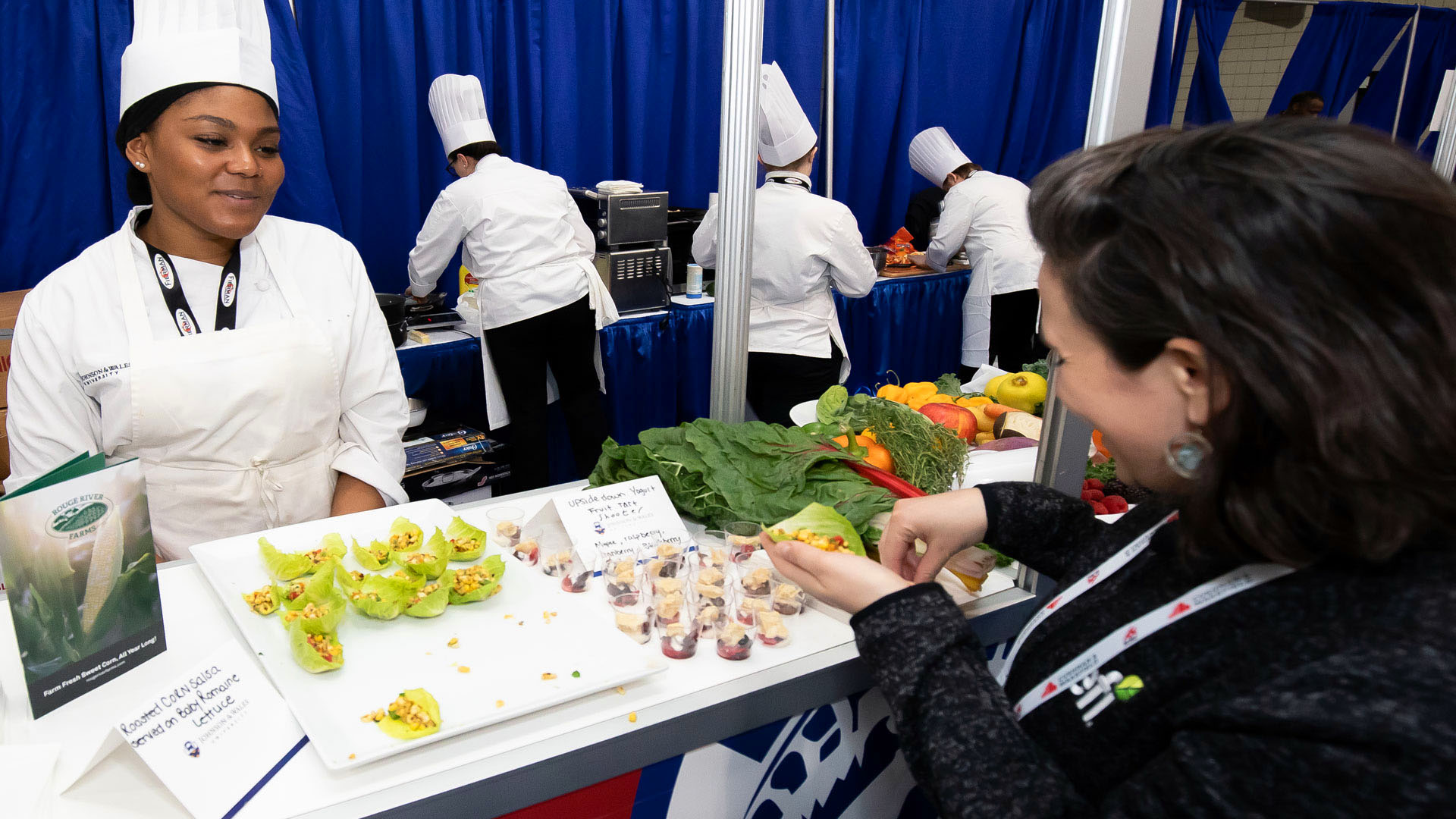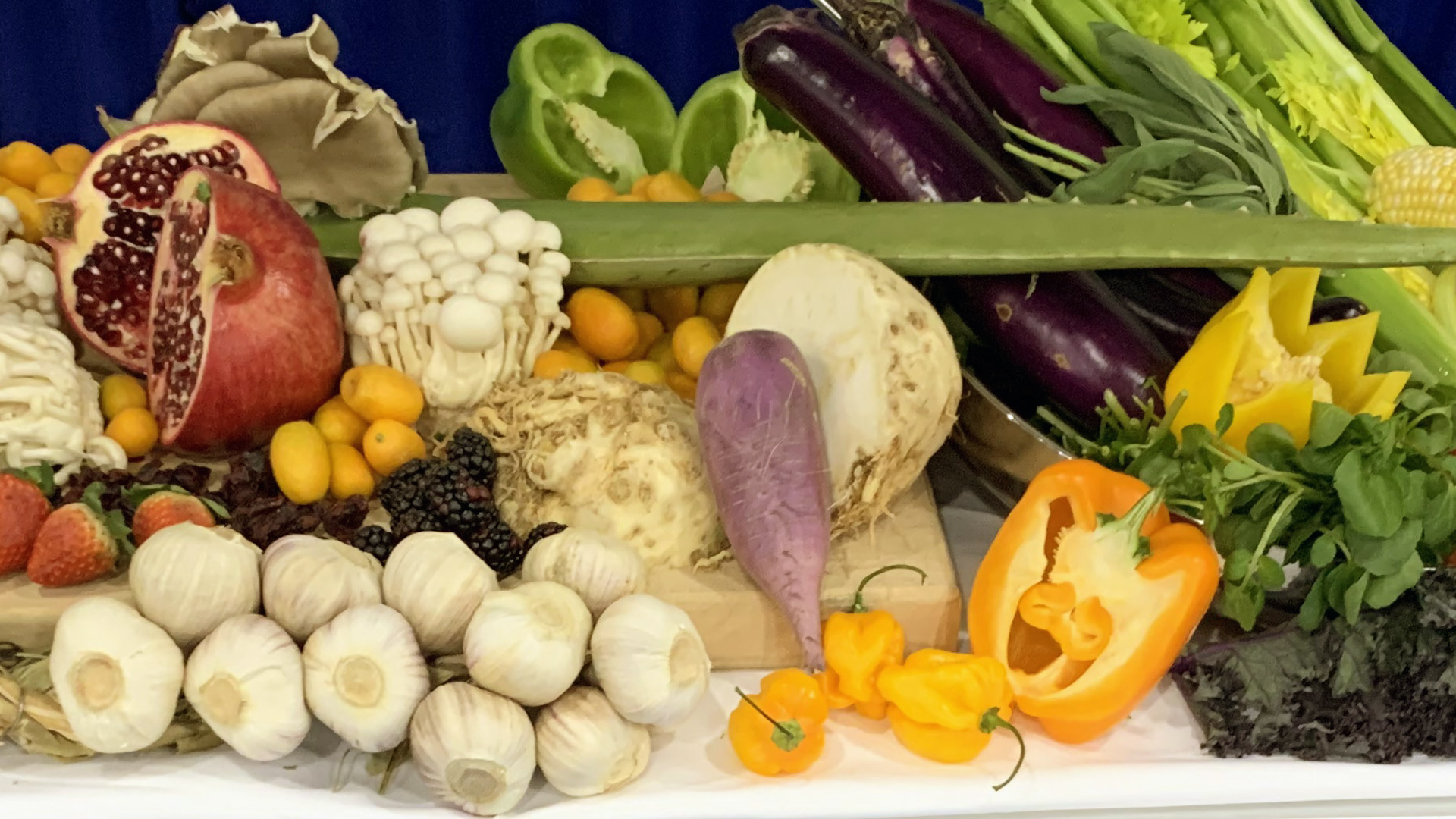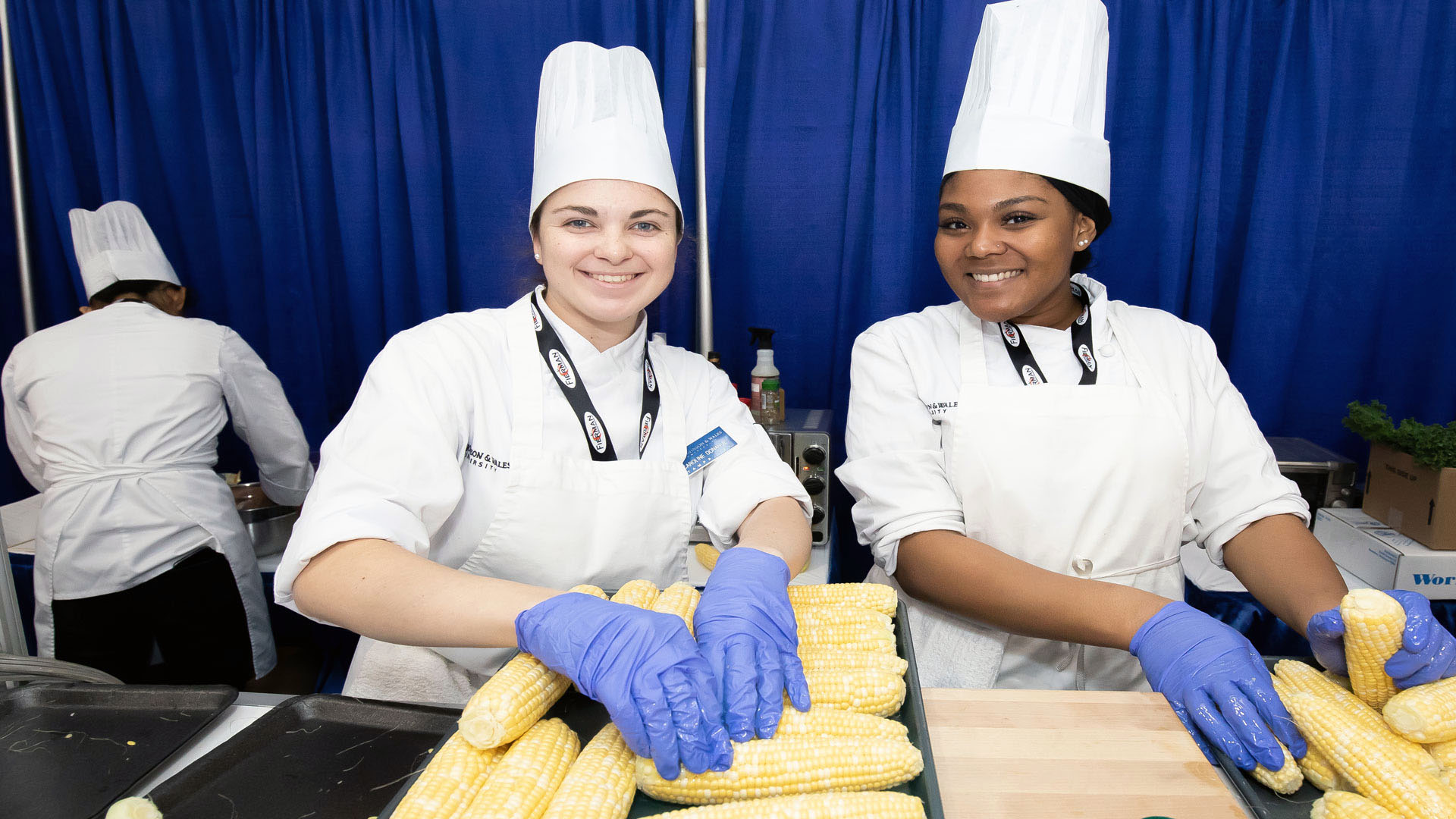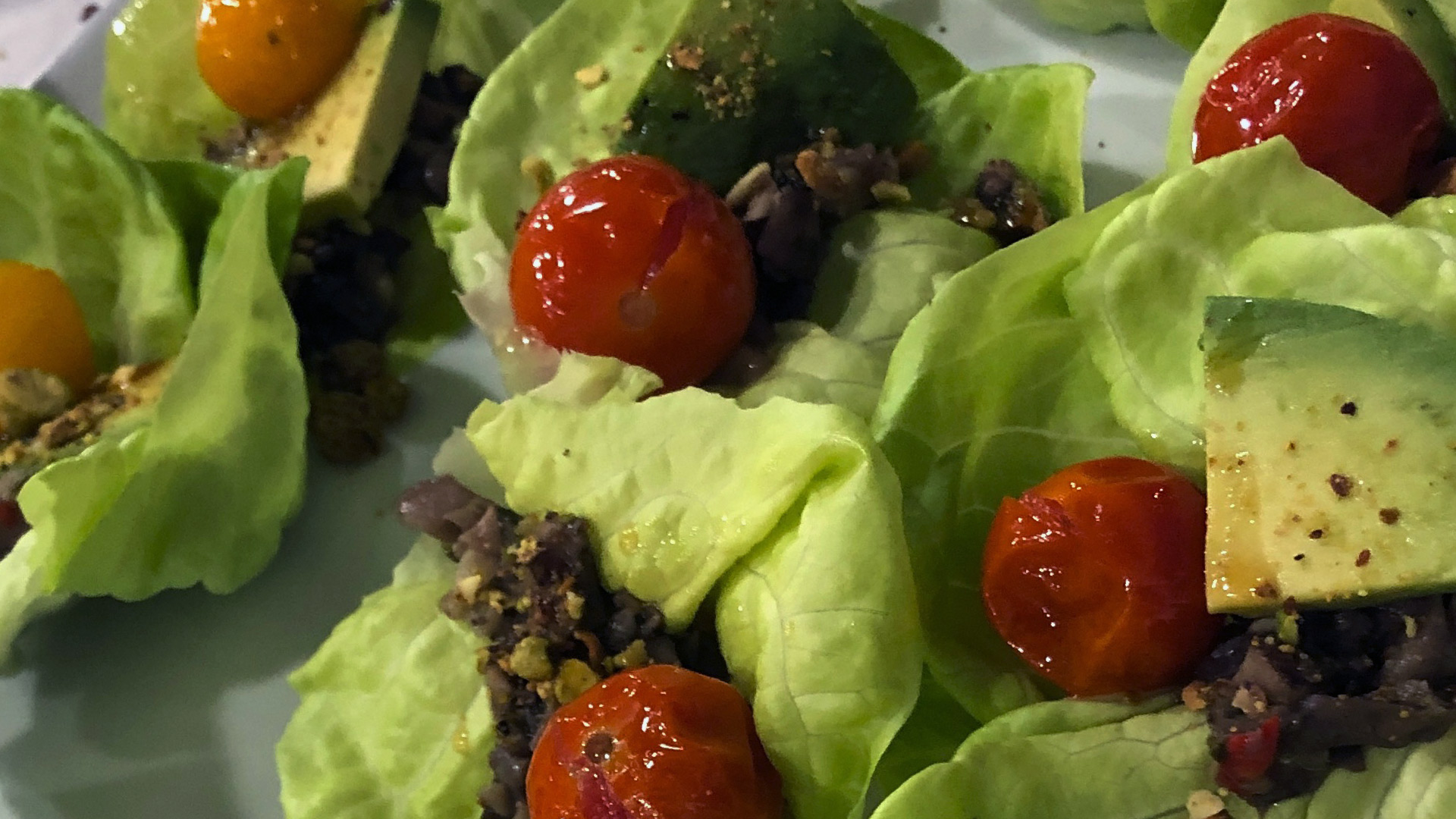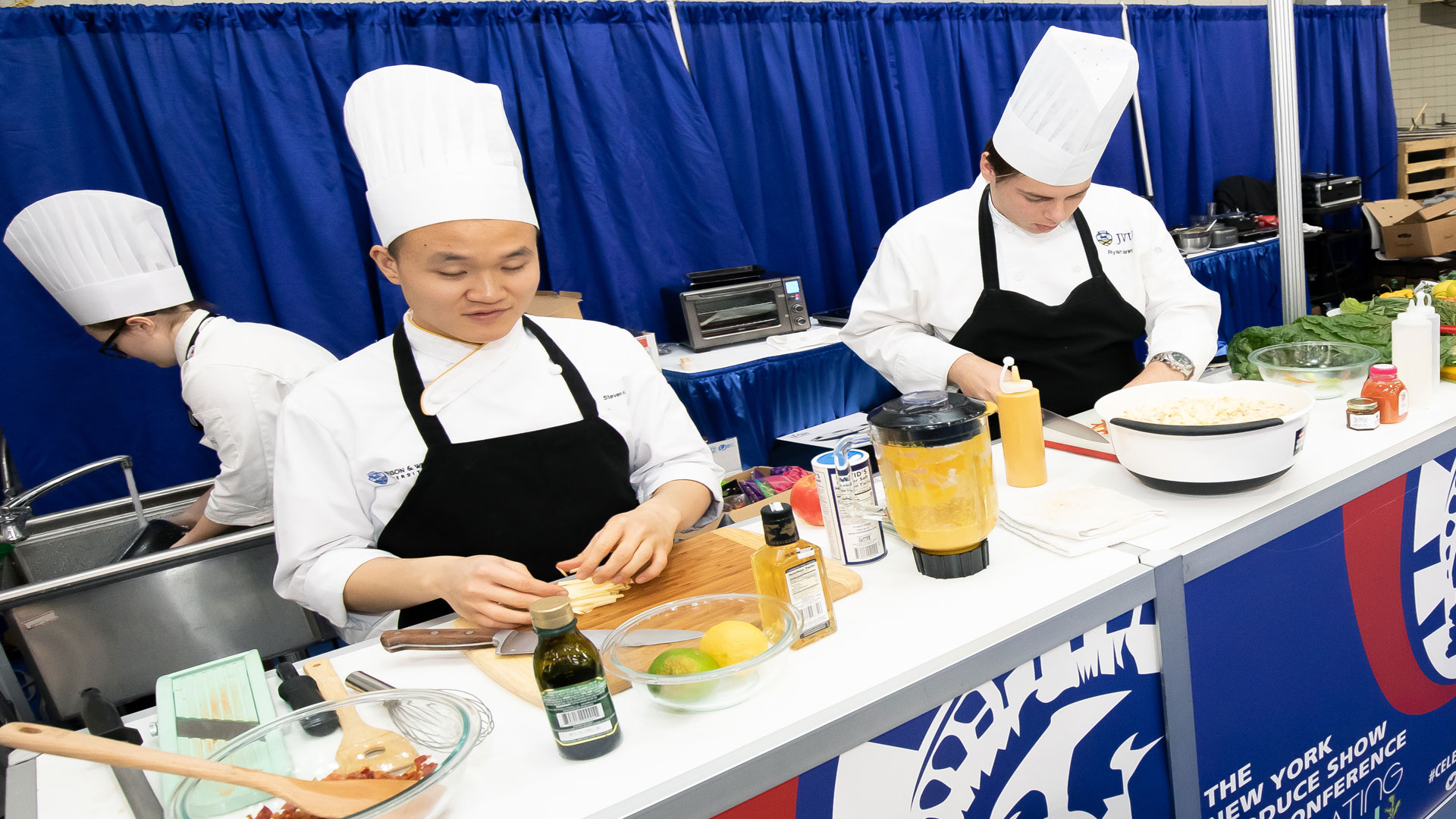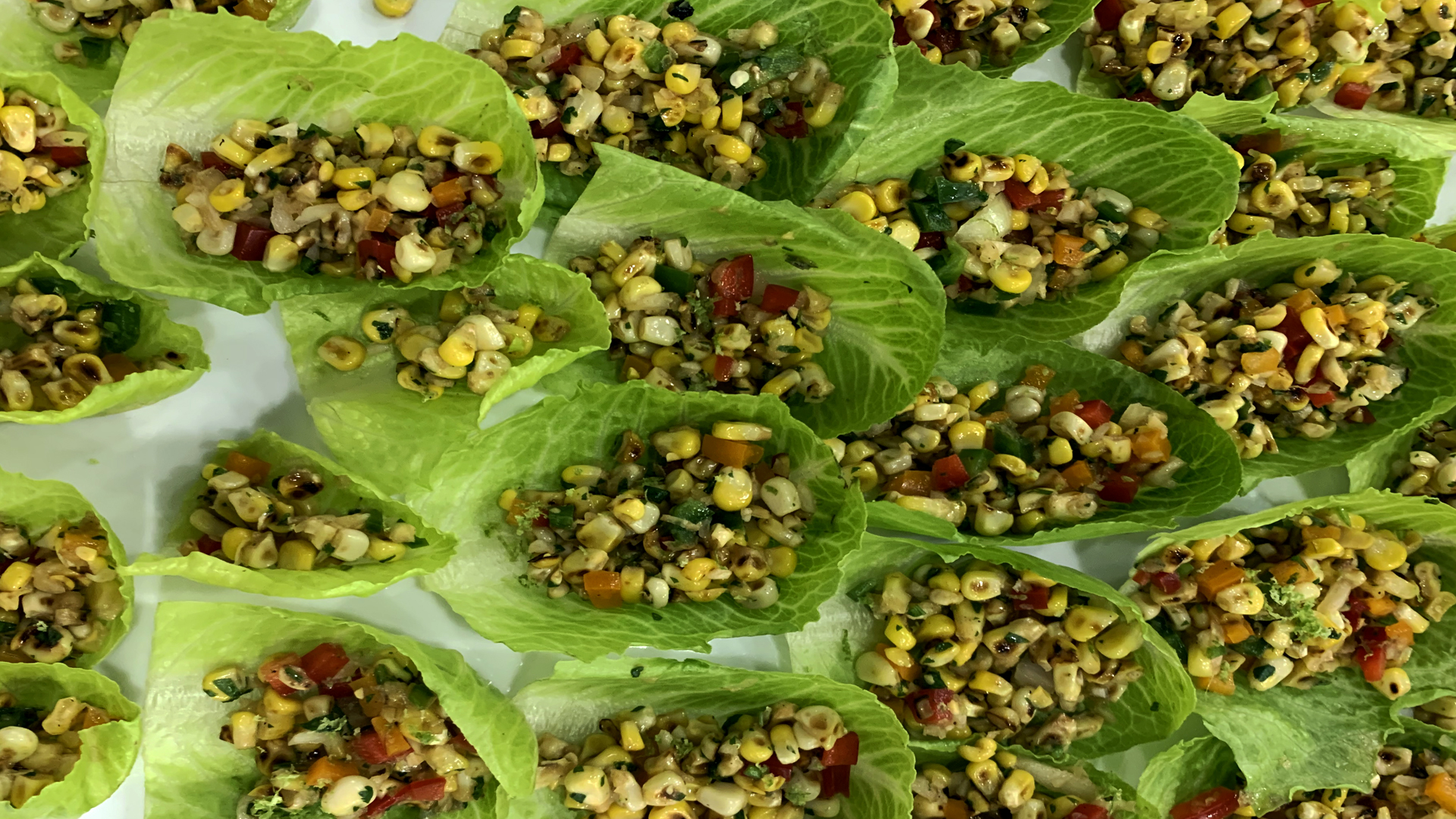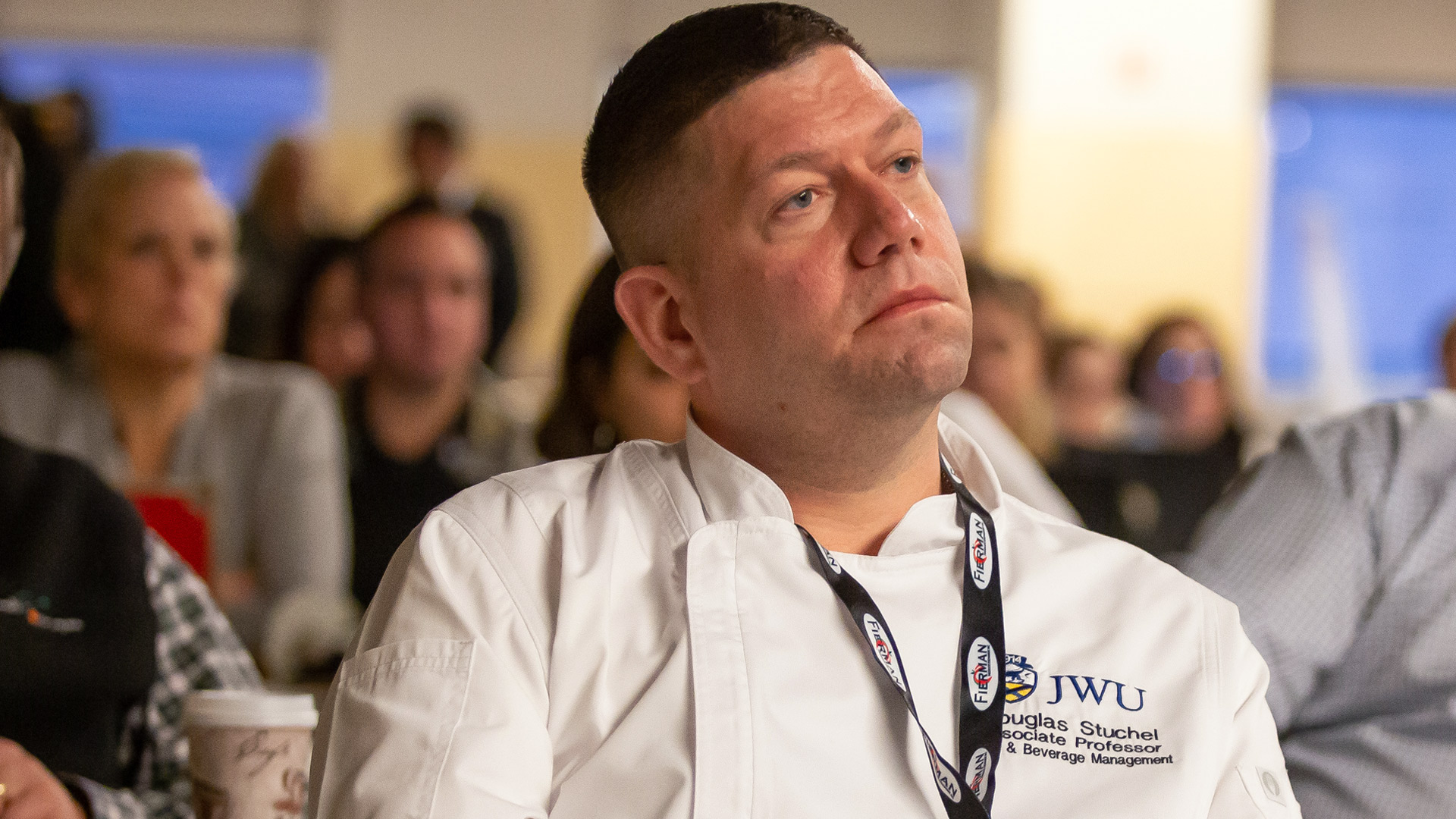COVID Chronicles: How a Pandemic Draws Out Our Inner Agrarian
by Douglas Stuchel
https://online.jwu.edu/blog/covid-chronicles-how-pandemic-draws-out-our-inner-agrarian
WU professors, like students, are experiencing the “new normal” at home during the global pandemic, COVID-19. In this series, we’ll explore how they are navigating their day-to-day, both inside and outside the online classroom, and their observations of the world. Due to the COVID-19 pandemic much of what we had once considered to be our typical daily routine has been up ended. From shortages of toilet paper, eggs, and cleaning supplies at the supermarket, to our fears that we or our loved ones might catch COVID-19, all of a sudden we are still living in the modern world, but parts of our lives now seem to be from the early 1900’s.
In times of crisis it seems to me that we have a natural instinct to become more self-reliant just like our agrarian ancestors. Despite being unable to visit our favorite restaurant, bar or gathering place there seems to be a renewed spirit with a focus on traditional self-reliant qualities such as producing what we need ourselves. Right now parents and grandparents are reaching for those treasured family recipes and teaching children how to cook or bake like previous generations have and perhaps inspiring some of these children to become a future America’s Top Chef or food or beverage entrepreneur.
Just go to your local store that sells fruit and vegetable seeds and you will see the display case emptied by our desire to grow our own fruits and vegetables. Even looking on social media sites such as Facebook, Instagram or Pintrest you will find your friends and relatives are now, perhaps for the first time ever sharing recipes and articles related to being self-sufficient or posting photos of what they just cooked or baked. According to one report, social media usage has been up since the start of the pandemic and it’s thought of being related to people seeking human interaction while they’re social distancing.
I believe we do as I can personally attest to this sudden need for purchasing baby poultry as I have a small micro-farm where I raise and sell duck eggs and ducklings.
Since the social distancing and stay at home orders due to the pandemic I have been inundated with phone calls, email, text and social media inquiries about what breed of duck I raise, how to raise and care for ducks, how to purchase my duck eggs and how much I sell my ducklings for.
If there is one potential positive outcome that comes from this pandemic such as the one we are all currently experiencing, perhaps it is the fact that we have learned a little bit about ourselves and our ability to be self-reliant and reliant on each other in times of crisis.
Want to learn more about earning your degree with Johnson & Wales University’s College of Online Education? For more information, complete the Request Info form, or call 855-JWU-1881.
WU professors, like students, are experiencing the “new normal” at home during the global pandemic, COVID-19. In this series, we’ll explore how they are navigating their day-to-day, both inside and outside the online classroom, and their observations of the world. Due to the COVID-19 pandemic much of what we had once considered to be our typical daily routine has been up ended. From shortages of toilet paper, eggs, and cleaning supplies at the supermarket, to our fears that we or our loved ones might catch COVID-19, all of a sudden we are still living in the modern world, but parts of our lives now seem to be from the early 1900’s.
A Change of Pace
With a majority of Americans stuck at home, self-isolating, self-quarantining or socially distancing I have seen a grassroots movement focused on modern homesteading. Modern homesteading is typically defined as the process of increasing your ability to be self-sufficient while also being environmentally conscious.In times of crisis it seems to me that we have a natural instinct to become more self-reliant just like our agrarian ancestors. Despite being unable to visit our favorite restaurant, bar or gathering place there seems to be a renewed spirit with a focus on traditional self-reliant qualities such as producing what we need ourselves. Right now parents and grandparents are reaching for those treasured family recipes and teaching children how to cook or bake like previous generations have and perhaps inspiring some of these children to become a future America’s Top Chef or food or beverage entrepreneur.
Just go to your local store that sells fruit and vegetable seeds and you will see the display case emptied by our desire to grow our own fruits and vegetables. Even looking on social media sites such as Facebook, Instagram or Pintrest you will find your friends and relatives are now, perhaps for the first time ever sharing recipes and articles related to being self-sufficient or posting photos of what they just cooked or baked. According to one report, social media usage has been up since the start of the pandemic and it’s thought of being related to people seeking human interaction while they’re social distancing.
Shortage of Chicks
There also seems to have an innate desire within us in times of crisis to want to become a farmer whether it be in a city, in the suburbs or in a rural community. Need proof? Look at this recent headline from the New York Times where it reports people are “panic-buying chickens like they did toilet paper.” Do we by nature find comfort in raising baby chickens to ease our fears?I believe we do as I can personally attest to this sudden need for purchasing baby poultry as I have a small micro-farm where I raise and sell duck eggs and ducklings.
Since the social distancing and stay at home orders due to the pandemic I have been inundated with phone calls, email, text and social media inquiries about what breed of duck I raise, how to raise and care for ducks, how to purchase my duck eggs and how much I sell my ducklings for.
Grocer’s New Normal?
Perhaps, in a few months we will see an influx of the purchasing of canning supplies and we will find our friends and neighbors sharing their zucchini bread, homemade jams, preserved vegetables and perhaps even eggs on social media or small curbside kiosks. Although I don’t see the general public having the stomach to process chickens to eat themselves, but perhaps they will now be more likely to purchase their food from the local food system and become part of the sustainable locavore movement.If there is one potential positive outcome that comes from this pandemic such as the one we are all currently experiencing, perhaps it is the fact that we have learned a little bit about ourselves and our ability to be self-reliant and reliant on each other in times of crisis.
Want to learn more about earning your degree with Johnson & Wales University’s College of Online Education? For more information, complete the Request Info form, or call 855-JWU-1881.



